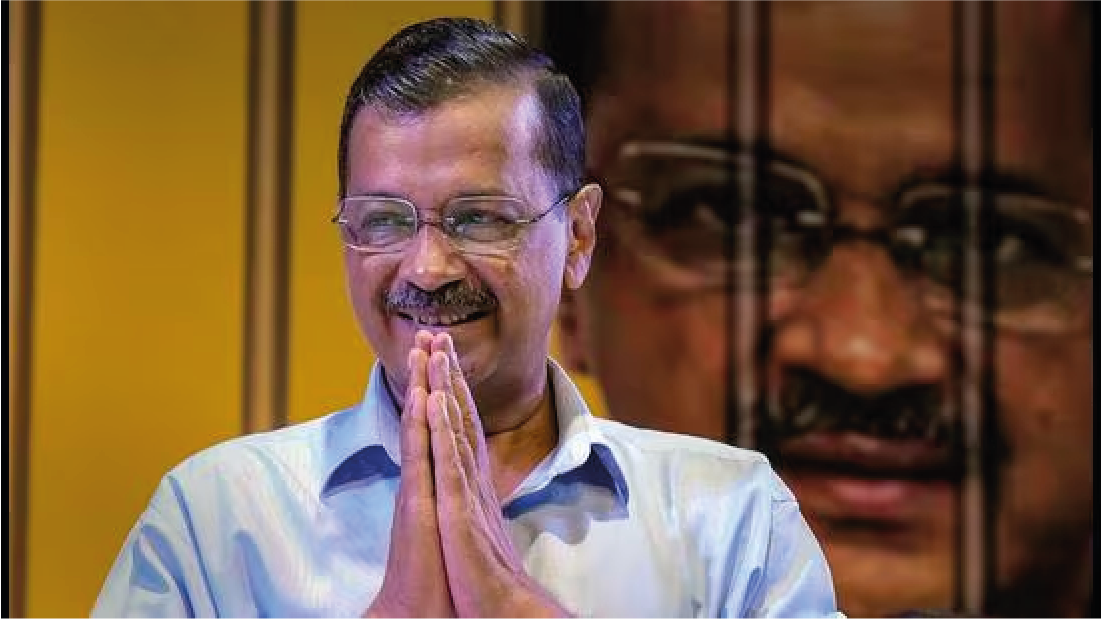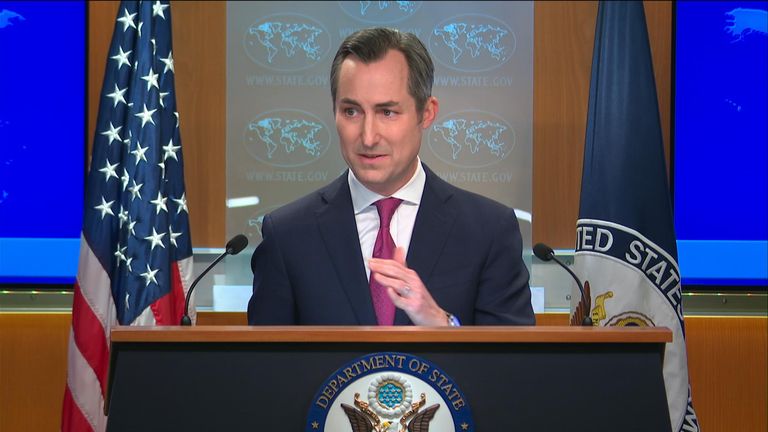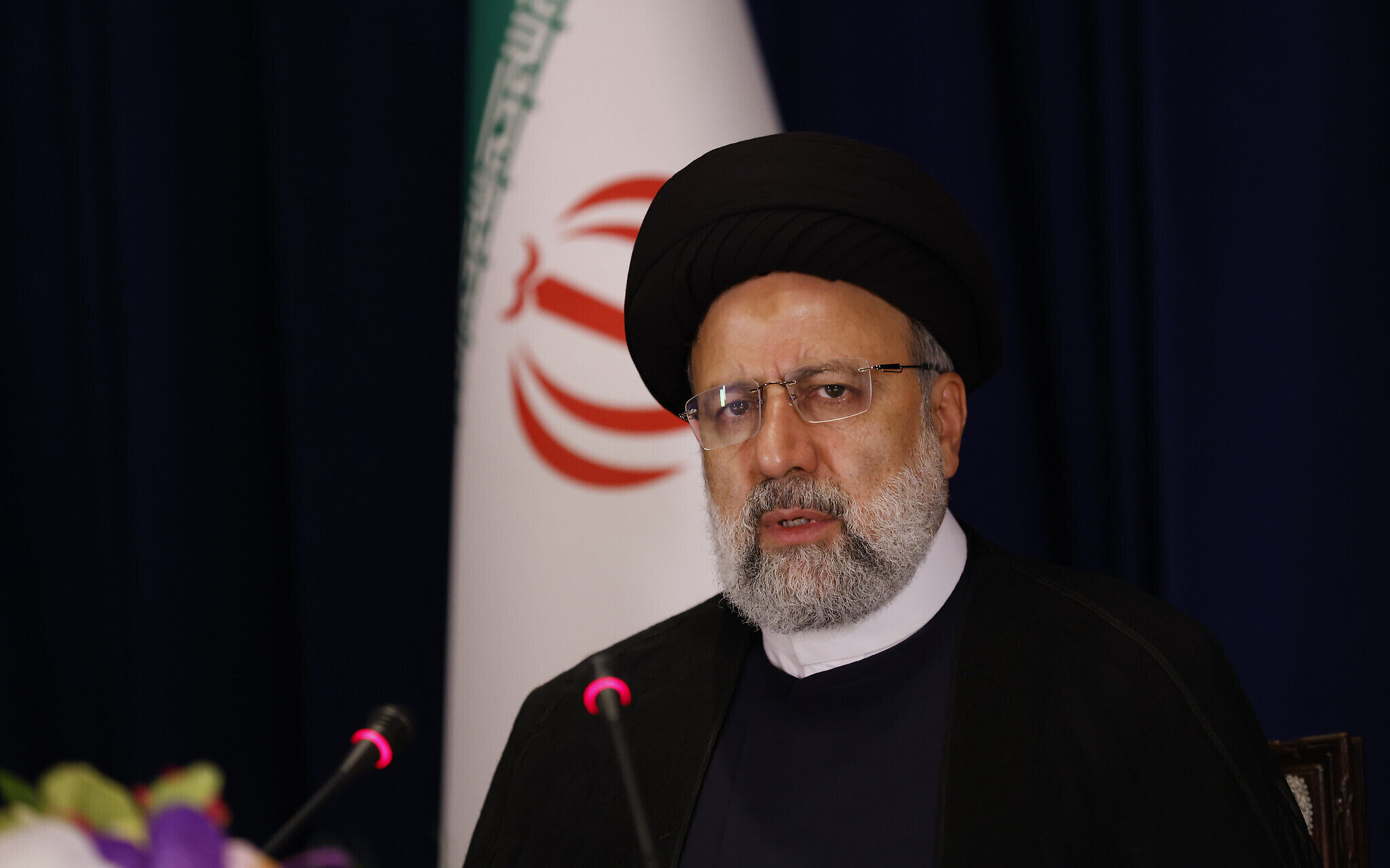PTBP Web Desk
In a significant development, the Supreme Court on Friday ordered the release of Delhi Chief Minister Arvind Kejriwal on bail in connection with the alleged corruption case related to the liquor policy scam.
While granting him bail, the court imposed strict conditions, including a prohibition on making any public comments about the merits of the case pending trial.
The Supreme Court’s decision was delivered by Justice Surya Kant, who headed the two-judge bench hearing Kejriwal’s plea. Although the court turned down Kejriwal’s distinct plea challenging his arrest by the Central Bureau of Investigation (CBI), it approved his release on bail. However, Kejriwal has been directed not to make any public comments regarding the case’s merits until the trial concludes.
Justice Surya Kant, while ordering the release, stated, “The terms and conditions imposed by the coordinate Bench in the ED matter shall apply in this case also.” The Bench further added that Kejriwal must remain present before the trial court on each hearing date unless granted exemption and should fully cooperate with the trial court to ensure the expeditious completion of trial proceedings.
This ruling comes after the Supreme Court granted interim bail to CM Kejriwal in July this year, referring his plea challenging his arrest by the Enforcement Directorate (ED) to a larger Bench. The interim bail was granted considering the right to life and liberty, acknowledging that Kejriwal had already been incarcerated for over 90 days. The court emphasized that the legal questions involved in the case require in-depth consideration.
During his interim bail, strict conditions were imposed on Kejriwal. The top court stated that if released, he would not be allowed to visit his office or the Delhi Secretariat and would refrain from signing official files unless necessary for obtaining clearance from the Lt Governor of Delhi. Additionally, he was prohibited from making any comments regarding his role in the case and was not allowed to interact with witnesses or access official files related to the matter.
September 13, 2024: The Supreme Court granted bail to CM Kejriwal in the corruption case filed by the CBI, while rejecting his plea challenging the arrest. August 9, 2024: AAP leader and former Deputy Chief Minister Manish Sisodia were also granted bail in the ED and CBI cases, citing that indefinite incarceration was not justifiable while awaiting trial in the excise policy case. August 27, 2024: The Supreme Court granted bail to BRS leader K Kavitha in connection with the corruption and money laundering cases, emphasizing regular attendance in trial proceedings. August 14, 2024: The Supreme Court issued notice on Kejriwal’s plea challenging his arrest in the corruption case and seeking bail but refused interim bail in the CBI case. August 5, 2024: The Delhi High Court dismissed Kejriwal’s plea challenging his arrest in the CBI case and advised him to approach the trial court for interim bail. July 12, 2024: The Supreme Court granted interim bail to Kejriwal in the money laundering case, referring his arrest and subsequent remand to a larger Bench. The court also suggested that Kejriwal consider stepping down from his post.
June 26, 2024: Kejriwal was formally arrested by the CBI and sent to a three-day custody for interrogation after his production before the Rouse Avenue Court.
March 21, 2024: The Enforcement Directorate (ED) arrested Kejriwal, and he approached the Supreme Court after the Delhi High Court denied him protection against “coercive action.”
Following his release on bail, Kejriwal faces significant restrictions. He is barred from making any public comments regarding the case and interacting with witnesses or official files related to the matter. The Supreme Court’s conditions aim to ensure that Kejriwal does not influence the ongoing trial in any manner.
On Friday, after nearly six months of incarceration—excluding a 21-day release for the Lok Sabha elections—Kejriwal walked out of Tihar Jail. He was greeted by his parents and is expected to visit Connaught Place’s Hanuman Mandir to offer prayers. A frequent visitor to the ancient temple, Kejriwal’s visit is seen as a personal gesture following his release.
The court’s decision to grant bail while imposing strict conditions reflects the complexity of the case and the need for an impartial trial. Kejriwal’s legal battle continues, with the trial set to proceed in the coming months. His presence at each hearing and cooperation with the trial court will be crucial as the proceedings unfold.
This case has garnered significant public attention, highlighting the ongoing scrutiny of political figures and the judicial process in cases involving corruption and money laundering. As Kejriwal continues to navigate the legal challenges, the focus remains on ensuring a fair trial and upholding the rule of law.




